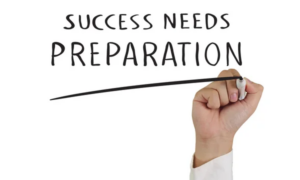By Alanis Rodriguez,
Chisolm Trail High School
Students spend hours preparing for the Youth and Government State Conference. These moments are spent practicing, seeking advice, and considering endless possibilities in court or on the floor. While some go to the conference to hang out with friends and see the sights, others want to impress evaluators so that they can the most points. Whatever the reason might be, the delegates and candidates must prepare for the four-day conference in a variety of ways.
Along with the delegates, candidates running for next year’s positions must prepare their platforms and hone their campaigning skills to get the attention of students. Ryan Lee, a junior running for Governor, says that he has been “consulting other states and other governors” and “brainstorming, asking other delegates” to assist in creating his platforms. He has three platforms: 1) More Youth and Government events for practice opportunities; 2) A peer group system to give personalized feedback, and 3) To localize the Youth Advocate Program so that it is accessible to more students.
“I’ve already consulted other places like Washington, DC, and California, and they already have this thing in place, and all I’m going to do is reflect their own process and put it on to Texas,” said Lee when asked about the localization of the last program. As someone who is running for governor, Lee will need to talk to many students in the program in order to get their votes. “Since district, every weekend I’ve been setting at least three to four hours, developing speeches, developing ideas, and reaching out to other people,” he explained when asked about how long he has been preparing for his campaign. As seen above, candidates like Lee have spent hours of dedication to perfect their skills and platforms to hopefully get the votes of their fellow peers.

